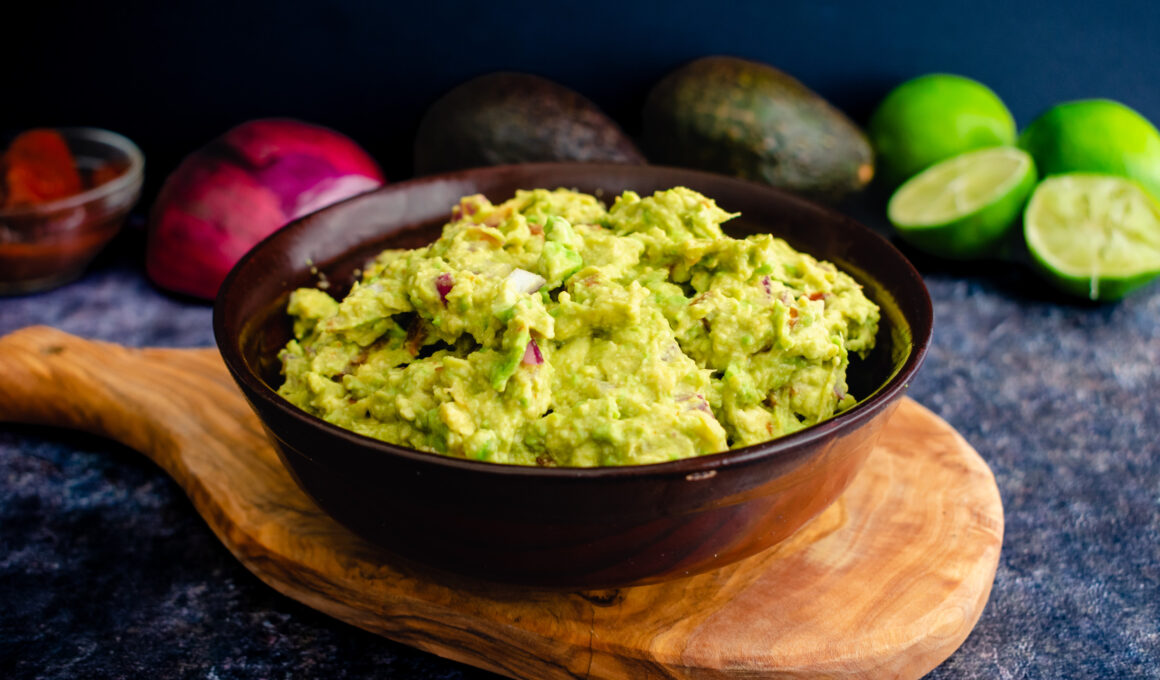A recall has been issued for guacamole sold in Minnesota grocery stores over concerns about contamination with a potentially deadly bacteria.
In a recall notice shared to the website of the U.S. Food and Drug Administration ( FDA) on Friday, consumers were warned that several varieties of guacamole sold at Lunds & Byerlys stores in the Minneapolis-St. Paul area and St. Cloud may contain Listeria monocytogenes, which is capable of triggering fatal infections in vulnerable groups.
The recall applies to Lunds & Byerlys products sold in clear plastic containers and marked “Fresh Guacamole,” “Fresh Smokin’ Guacamole,” “Fresh Spicy Guacamole,” “Pico de Gallo/Guacamole Tray” and “Deli Guacamole.” All of the items included expiration dates of August 2, 2024.
The recalled avocado-based dip was also sold at unspecified “select locations” of “Taco Mas food bars” from July 27 to July 31. The recall was initiated following routine testing by Metro Produce Distributors Inc., the company that produces the guacamole.
“Consumers who have purchased Lunds & Byerlys fresh guacamole products with a use-by date of August 2, 2024 are urged to destroy the products or return them to any Lunds & Byerlys stores for a full refund,” the notice states. “Consumers with questions may contact Metro Produce at 612-436-3825.”
The company said that distribution of the recalled items had been suspended amid an investigation. The recall was “conducted with the knowledge of” the FDA and the Minnesota Department of Agriculture.
Newsweek reached out for comment to the FDA via email on Friday evening.
While no confirmed illnesses related to the guacamole had been reported at the time of publication, consuming food contaminated with Listeria monocytogenes can cause serious medical concerns, even for those who are otherwise healthy.
Listeriosis, an infection of Listeria monocytogenes, is experienced by an estimated 1,600 people in the U.S. each year, according to the Centers for Disease Control and Prevention ( CDC). Around 260 of the cases are fatal.
Many infections are limited to the digestive system, with symptoms including diarrhea and vomiting developing within 24 hours of consuming contaminated food. However, a more invasive form of the illness develops in some within two weeks.
Symptoms of invasive listeriosis include fever, muscle aches, headache, stiff neck, confusion, loss of balance and seizures. About one in 20 people who contract the invasive form of the illness without being pregnant die as a result.
For those who are pregnant, symptoms are generally mild or nonexistent, but invasive illness “usually leads to miscarriage, stillbirth, premature delivery, or life-threatening infection of the newborn,” according to the CDC.
Concerns about possible Listeria monocytogenes contamination is a relatively common reason to initiate a food recall. Other potentially dangerous pathogens like salmonella or norovirus, as well as concerns about undeclared allergens, also elicit recalls somewhat frequently.







